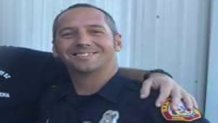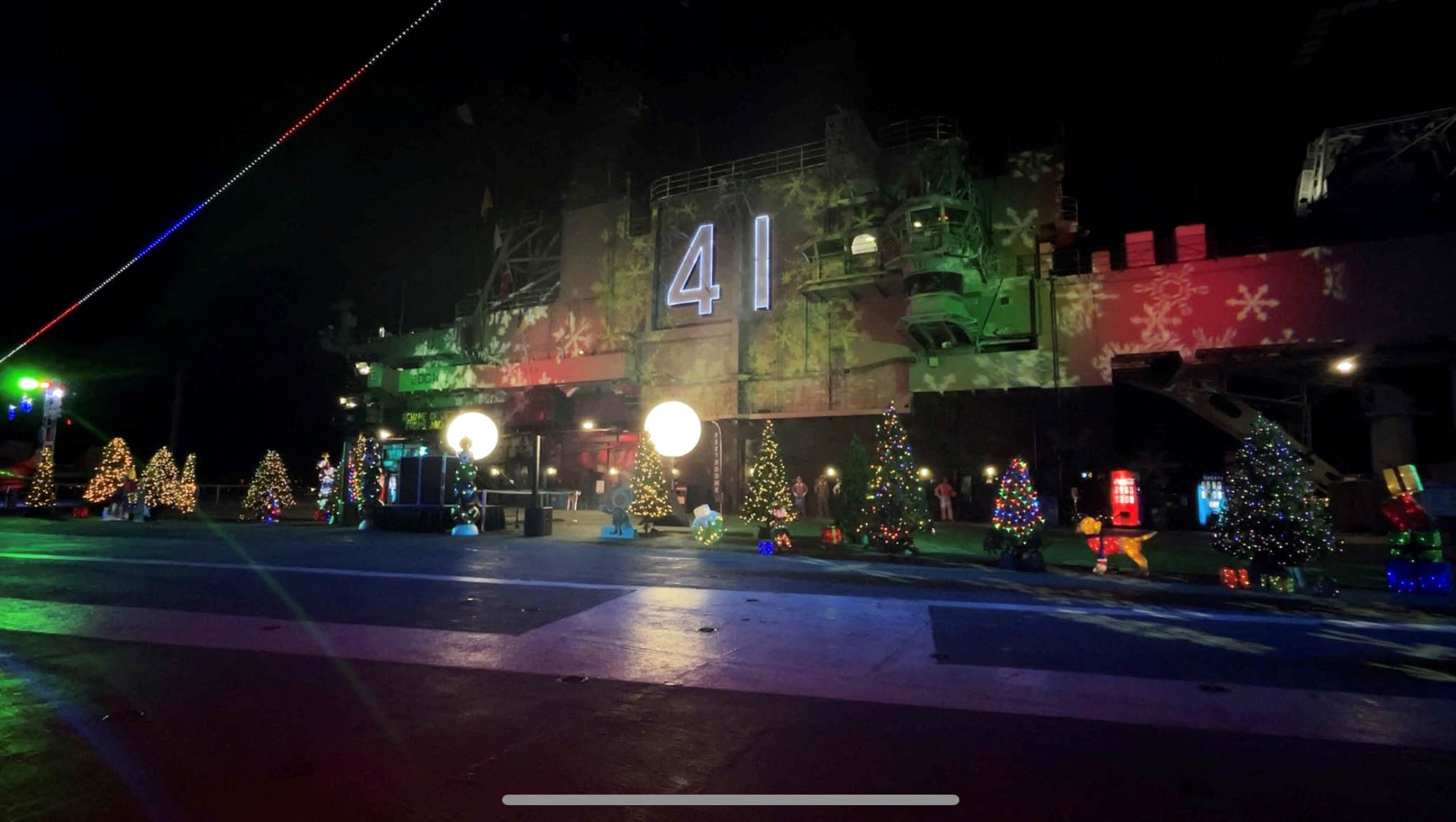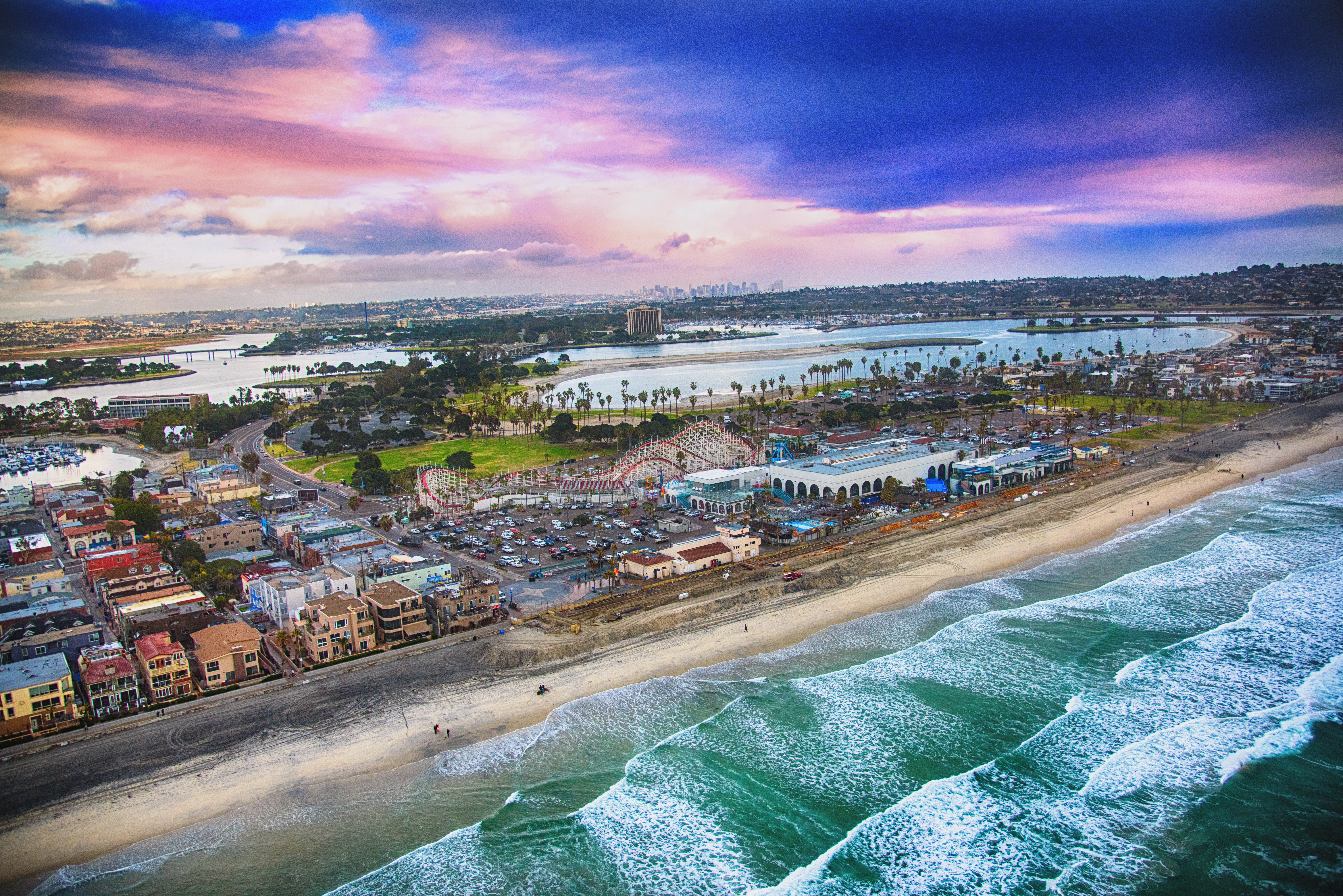Rural/Metro ambulances have failed to meet mandated emergency response times again in the City of San Diego, according to a new report released to NBC 7 Investigates.
This latest report shows the ambulance company, now owned by American Medical Response or AMR, missed the city mandated response times in six of the eight medical response zones in San Diego for the month of October.
To see the full report, click here.
Last month, Rural/Metro paid the City a fine of $291,000 for failing to meet the same mandated response times in a three-month period.
According to the company’s contract with the city, it is required to meet a response time of 12 minutes or less, 90% of the time.
In an email, Gina La Mantia, Deputy Chief of Emergency Medical Services for the City of San Diego said, the San Diego Fire-Rescue Department is "disappointed" Rural/Metro ambulances have not met response time goals but the company has "demonstrated marked improvement in November."
A former Rural/Metro emergency medical technician, EMT, told NBC 7 Investigates he witnessed situations where no ambulances were available to respond to calls.
Local
“We’re not having enough ambulances in service on our city streets,” Joseph Ross said.
Ross worked for Rural/Metro as an EMT for a year until he left the company in August. Prior to moving to San Diego, Ross was a firefighter and EMT for the Air Force.
On September 28, Ross spoke to the city’s Public Safety Committee about the problems he said he witnessed.
“It’s shocking how close or how often the ambulance level gets to ‘Level Zero’ or close to ‘Level Zero.’ What this means is there is no ambulances left in the city,” Ross told the committee.
Watch the full portion of the September 28th Committee Hearing below.
In a ‘Level Zero’ situation, a page is sent out to all emergency crews alerting paramedics on calls to finish as soon as possible so they can be placed back into the rotation.
Ross said he witnessed ‘Level Zero’ alerts sent to emergency personnel on a weekly basis.
NBC 7 Investigates reached out to AMR, the company that owns Rural/Metro, for comment regarding not meeting mandated response times and ‘Level Zero’ situations. The company declined an on-camera interview and provided a statement to NBC 7 Investigates.
In the statement, Jason Sorrick, Director of Communications and Government Relations, said, "As we have previously communicated, due to a regional and nationwide paramedic shortage, response times in select zones for the first two-quarters of the year were negatively impacted. Moreover, we have had 33 paramedics hired away by local fire departments this year and an increase in the number of employees who have called in sick during this same period."
Sorrick said AMR has launched an "aggressive recruitment and retention program" to address the "identified labor shortage."
NBC 7 Investigates reached out to the National Association of State EMS Officials, the group which oversees EMS agencies across the country. The Executive Director for the organization says they have no evidence of a nationwide paramedic shortage.
Sorrick said the National Association of State EMS Officials doesn't track paramedic openings and added, "the State of California and the Federal Bureau of Labor Statistics both indicate a higher than average demand for both paramedics and EMTs in the current labor force."
Click here to read AMR's full statement.
When asked how often ‘Level Zero’ situations happen in San Diego, La Matia said the Fire-Rescue department does not track the instances and "at this time, there is no plan to request level zero data from AMR."
“The city really doesn’t understand the full grasp of the issue that they have because all they see are response times,” Ross told NBC 7 Investigates.
Rural/Metro also did not provide NBC 7 Investigates data detailing how often 'Level Zero' situations occur.
Sorrick admits there have been instances where Rural/Metro's ambulance system has 'reached peak capacity' but, he said, "...those events often last only a few minutes before units held over at local hospitals are freed up and inserted back into the system."
While Rural/Metro ambulances are not always meeting targets, La Mantia said "more times than not Fire-Rescue Department first-responder engine and truck company firefighter/paramedics are providing advanced life support treatment and patient care in advance of the ambulances arrival to the emergency."
NBC 7 Investigates checked with three other cities, comparable in size to San Diego, to see whether or not they keep track of 'Level Zero' instances.
Representatives from Phoenix and Dallas told NBC 7 Investigates they do not keep track of instances where ambulances are not available due to it occurring so rarely. A representative with the City of Seattle, which also has a contract with Rural/Metro, told NBC 7 Investigates they also do not keep track of these situations.

According to Ross, this information should be made publicly available by Rural/Metro.
“If you have anyone you love, anyone that has ever needed to call 911 or if you ever need to call 911, you should care because it directly affects you and your loved ones,” he said.
Since leaving Rural/Metro, Ross is working on developing a website to keep track of problems EMS systems face across the country.
“We need more support, we need the public’s awareness and we need the public’s voice,” he said. “We can’t do this alone.”
The website, called “EMS in Distress,” is expected to be live online before the end of the year.
No Response
After the City fined Rural/Metro for failing to meet mandated response times, NBC 7 Investigates submitted a California Public Records Act request for 911 call records where Rural/Metro ambulances never arrived or where patients had to be transported by a fire engine.
A summary of those calls and emergencies are below.
On September 11, 2015 at 4:26pm, 911 dispatchers received a call came from San Ysidro where neighbors said they found a man in his 60’s who had collapsed on the sidewalk and was suffering from what appeared to be a stroke.
To see that call record, click here:
The person calling 911 acted as a translator between the dispatcher while the caller’s mother assisted the man on the ground.
According to the call, San Diego Fire Engine 29 arrived in less than seven minutes with a paramedic on-board. After 20 minutes, emergency personnel contacted 911 dispatch (at 4:54 pm) telling them they would transport the patient because the Rural/Metro ambulance was stuck in traffic on the 15-freeway.
On November 9, 2015 at 5:35pm, a nurse from Sharp Rees Stealy, located in downtown San Diego, called 911 after a 75-year-old man was suffering chest pain.
To see that call record, click here.
San Diego Fire Engine 1 responded to the hospital in less than three minutes with two paramedics on-board. Fourteen minutes after arriving, the engine called back to dispatch saying they would transport the patient because the Rural/Metro ambulance was stuck in traffic on the 163 freeway, according to the call.
San Diego Fire officials have told NBC 7 Investigates traffic is not an acceptable excuse for late responses. Rural/Metro is required to have plans in place to ensure ambulances still meet the 12 minute or less response requirement and should be prepared to deal with possible traffic.
On September 22 a man called 911 around 6:47am after experiencing diabetic-related problems near Horton Plaza on 4th Ave. and Broadway.
To see that call record, click here.
Six minutes after the 911 call was placed, San Diego Fire Engine 201 arrived to the man’s location with two paramedics on-board. The emergency responders reported back to dispatch that the man was vomiting and having troubles breathing.
The responding unit waited 26 minutes for the Rural/Metro ambulance to arrive before they decided to transport the victim themselves, according to the call. No explanation or reason was given for why the ambulance was delayed.
On October 1 around 4:56pm a woman called 911 after a person reportedly overdosed on medication and fell backward, hitting their head on a boulder in the City Heights area.
To see the call record, click here.
During the call, a dispatcher had to walk the caller through performing CPR on the patient until first-responders arrived.
San Diego Fire Engine 14 arrived four minutes after the call was placed with two paramedics on-board. Five minutes after the engine arrived on scene, the Rural/Metro ambulance assigned to the call told dispatch they expected to be on scene within two minutes but didn’t arrive for another 22 minutes, according to the call.
The patient was transported to the hospital more than an hour after the 911 call was placed.



